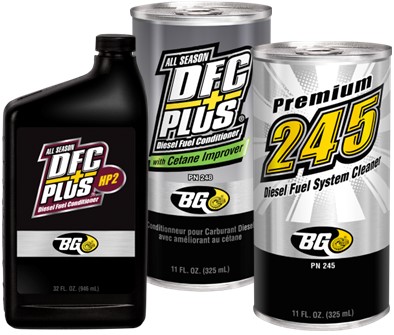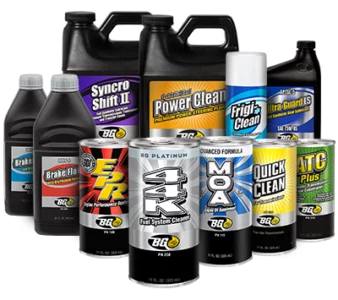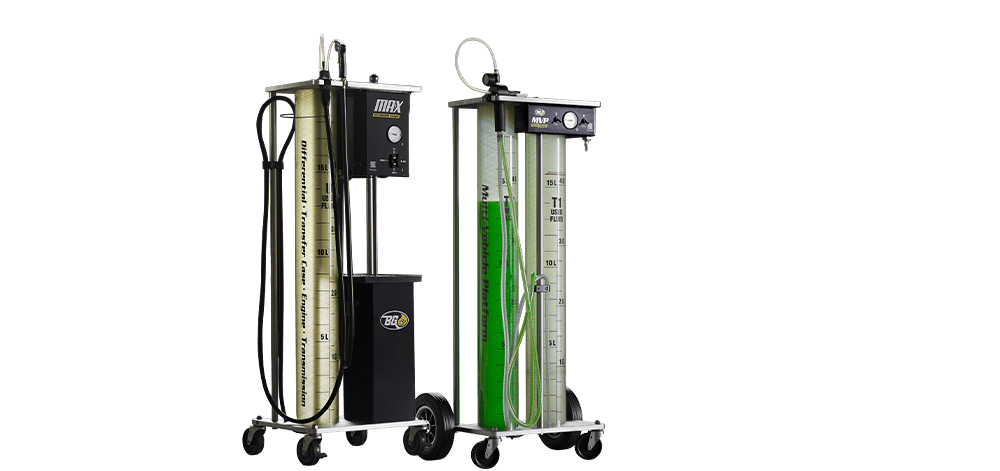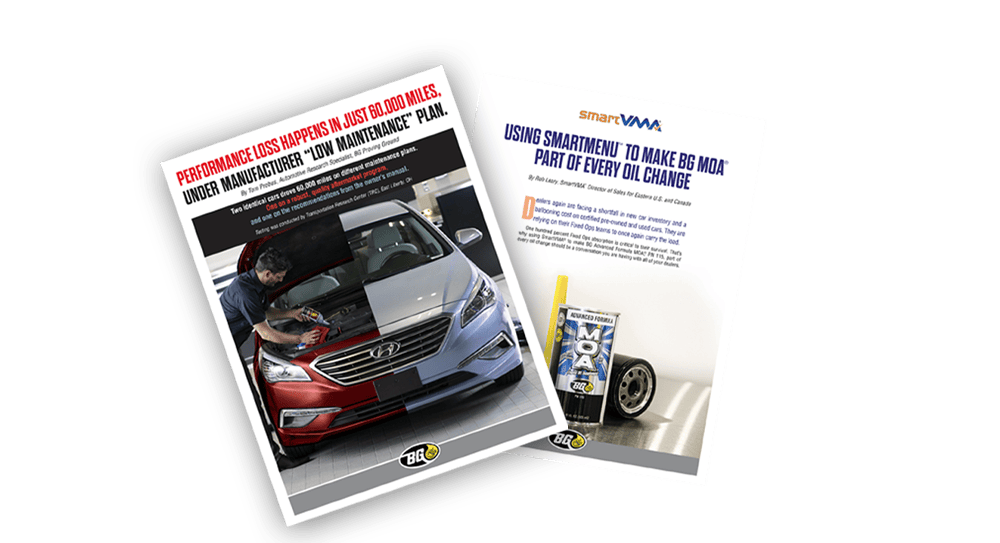As another story in this issue shows, Motor magazine has tapped BG’s VW Diesel Air Intake and Exhaust Cleaning System‚ PN 9250‚ as a Top 20 Tool for 2005. The honor comes on top of last year’s winning entry, BG Diesel VIA‚ PN 9700-500.
Proven solutions
With such additives as BG DFC Plus HP2, PN PD14, BG 245 Premium Diesel Fuel System Cleaner, PN 245, and BG DFC Plus HP2 with Cetane Improver, PN 248, “We had a solution before there was a problem,” Mike says. “All of our diesel products have been broad-based or multi-component. BG has always had lubricity additives that have been accepted in the industry.”
When hearing the word “diesel,” many people say, “Pew. They stink and they rattle.” But anyone who has spent any time with the new diesels in the past decade knows the newly engineered engines have eased most of the complaints.

Efficient diesels
The newer CDI (Common-Rail Direct Injection) diesel engines such as the E320 CDI Mercedes-Benz introduced this year has full electronic injection, something considered technically impossible a few years ago. Fuel is injected at 23,000 PSI directly through the solenoid injector valves. The engine then relies on the heat of the highly compressed intake air to ignite the fuel. The E320 engine is cleaner, quieter and more powerful than mechanically injected diesels. Mercedes believes that when ultra low-sulfur diesel becomes available, the CDI engine will meet emission standards in all 50 states. You can learn more about the E320 engine at www.mbusa.com and www.motor1.com.






